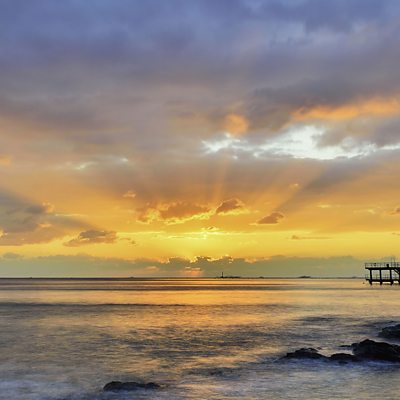Episode details

Available for over a year
Good Morning Growing up, as I did, on Yorkshire’s East Coast I’m always happy when I find myself again close to the sea. The British Isles have been largely defined by the impact of the waters which surround them. But, it would seem, the pollution of the world’s great oceans continues to escalate: a cycle of human destruction and death to marine life begs that we ask the questions Why? and For How much longer? Recent statistics are so terrible it makes me ashamed to read them: more than five trillion plastic pieces weighing more than 250,000 tonnes were afloat at sea. In the UK itself, conservationists say they found 160 plastic bottles for every mile of UK coastline cleaned last year. And so we could go on. I find it shocking; appalling even. After listening to the piece about current stock levels of fresh haddock on this programme yesterday I then discovered that the UN Food and Agriculture Organisation believes that 90% of global fish stocks are fully or over fished. The author James Martin believes that one of the main reasons the situation seems only to get worse is because of what he terms grand-scale misconceptions. a belief that nature’s resources are unlimited; the presumption that nature can just go on and on and on absorbing the effects of unlimited pollution; another misconception is that we do not even consider that we might be destroying nature’s species. Pope John Paul II acknowledged at the end of the last century that the “ecological crisis” is a “moral problem”. And the context of that speech was that our abuse of the earth and the seas is also very much a spiritual problem: where is our concern . our sense of repentance and desire to put it right? How can we block out the right and wrong of the consequences of our actions. My personal responsibility towards creation is sub consciously fashioned by an Old Testament understanding of God’s creation as a gift. The sea is his – the Old Testament proclaims – but what are we [as good stewards] doing to it? And as Annette Baier underlines, in her book, Reflections on How We Live, our stewardship is not just about the here and now but about our obligations to future generations and to the kind of earth our grandchildren will inherit.
Programme Website